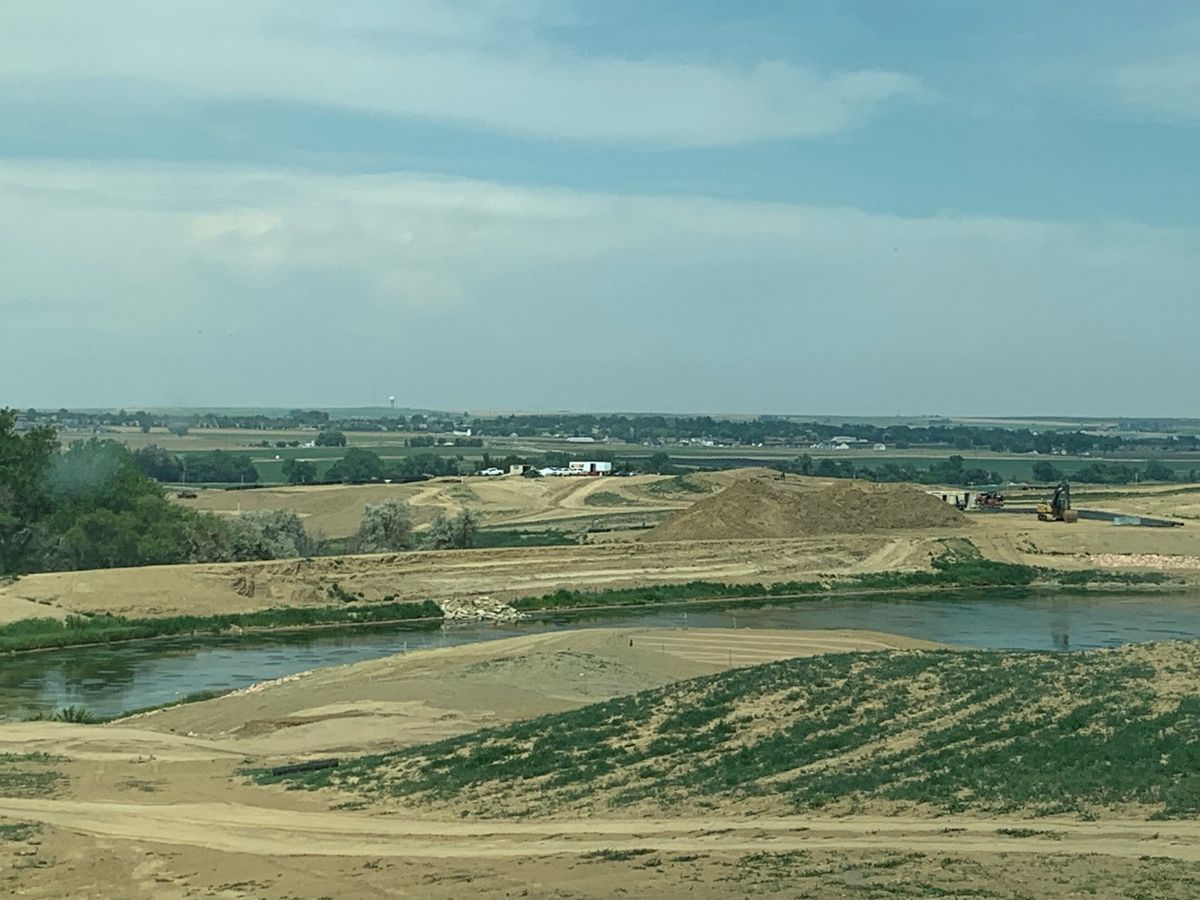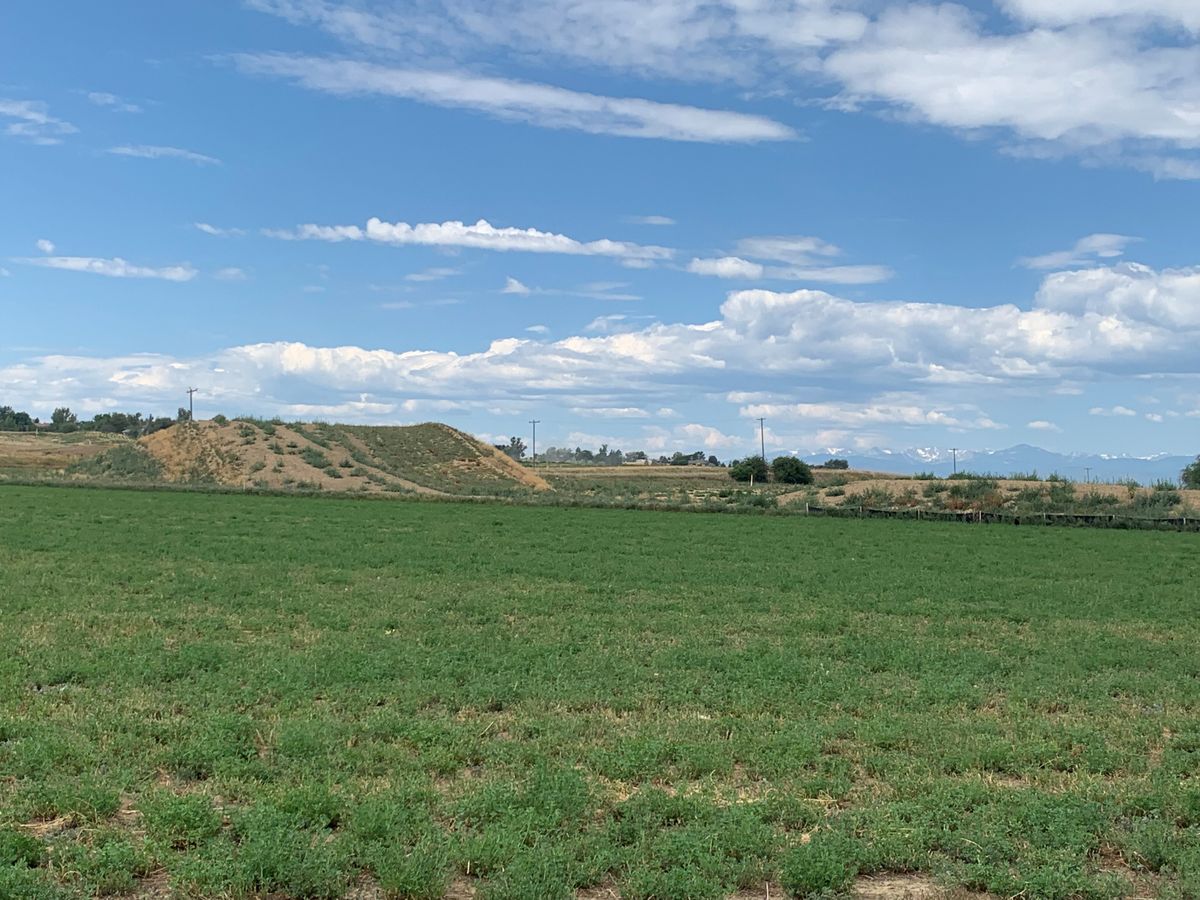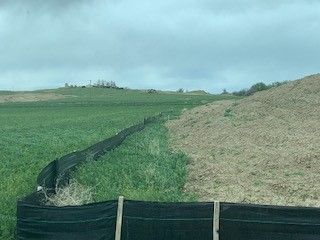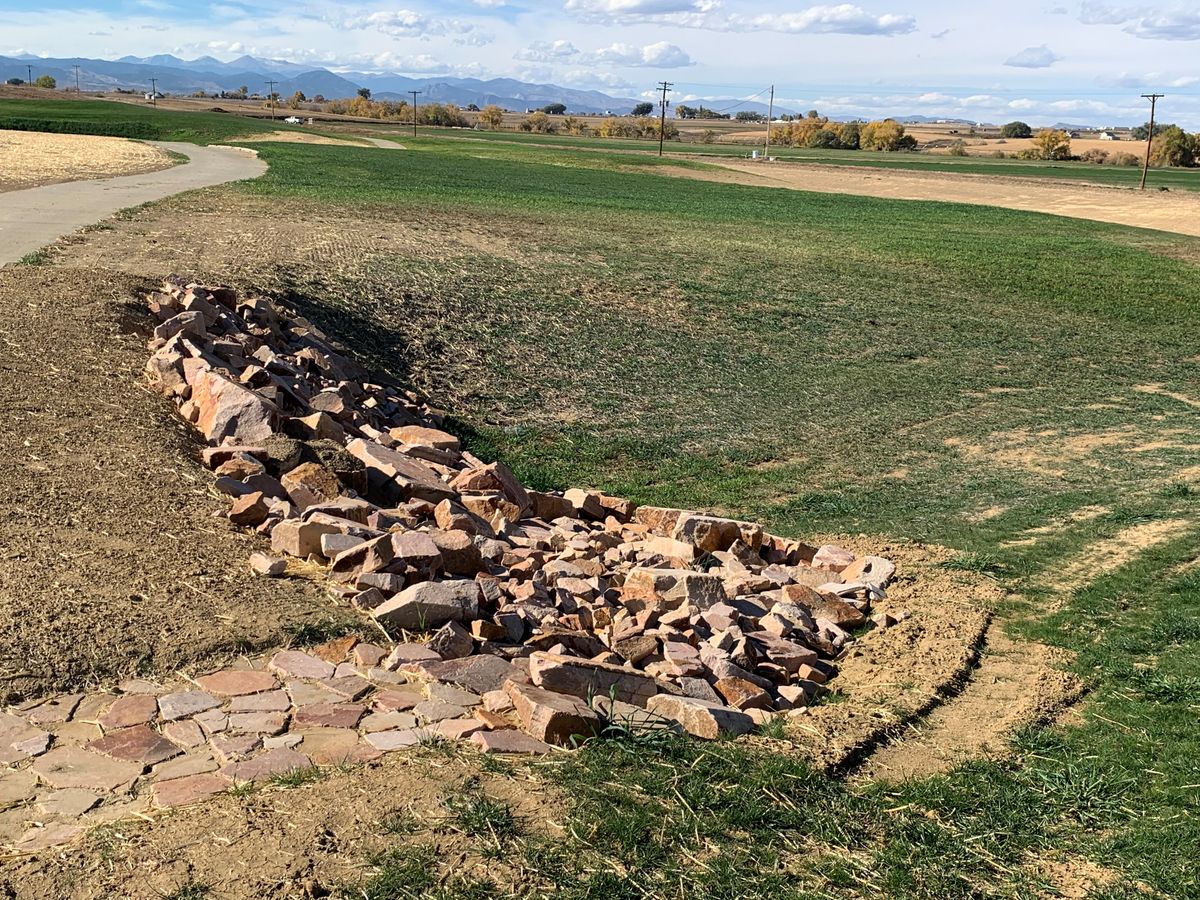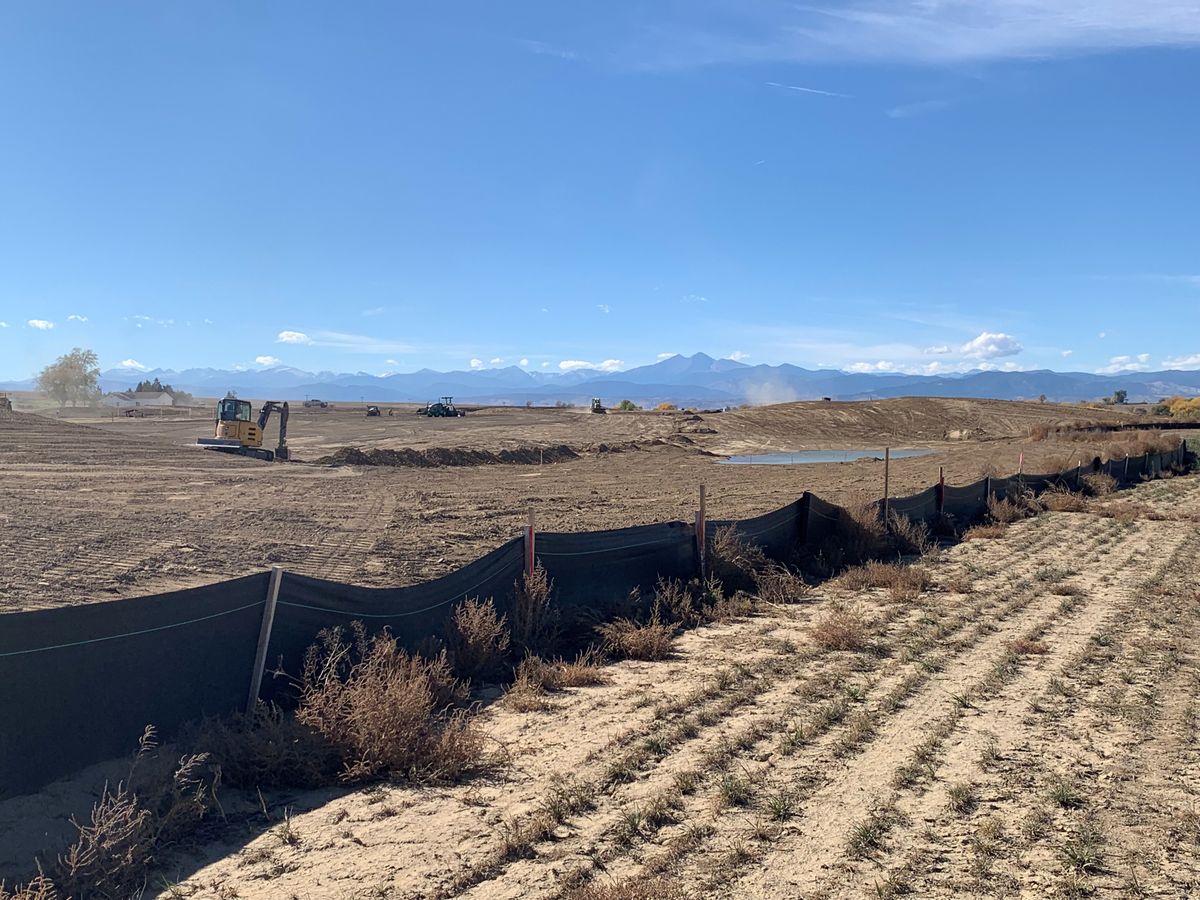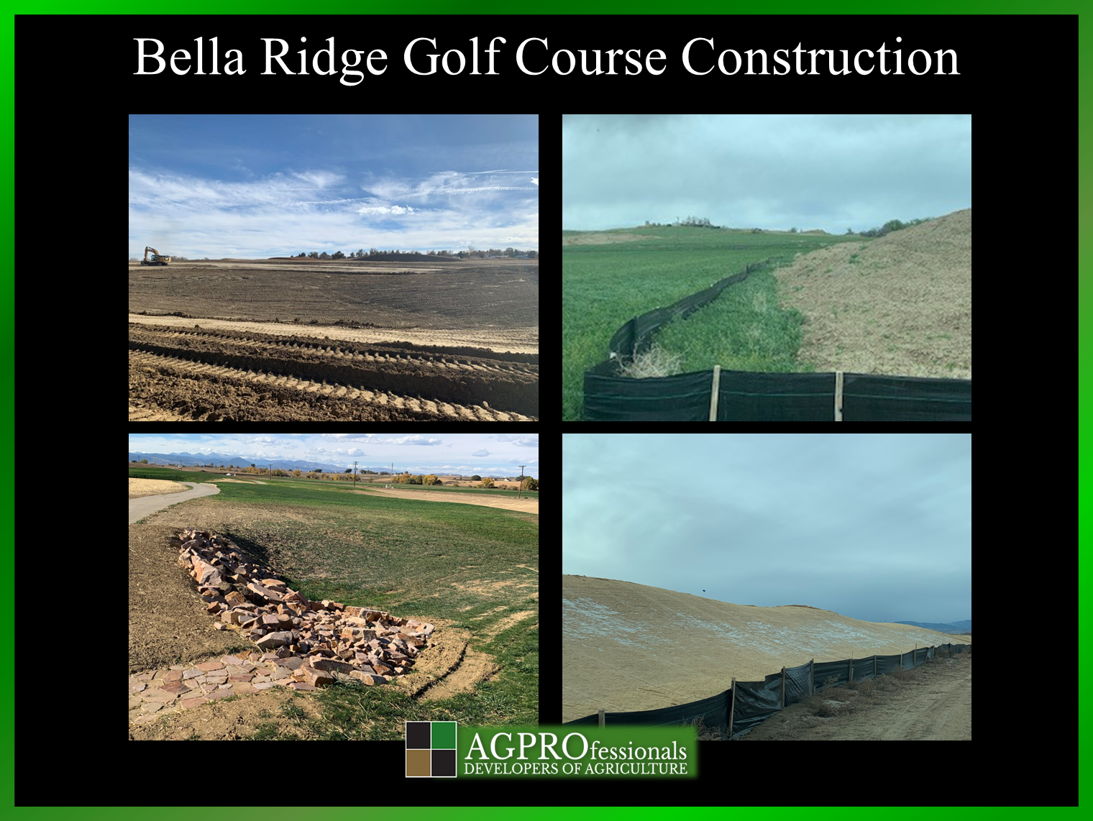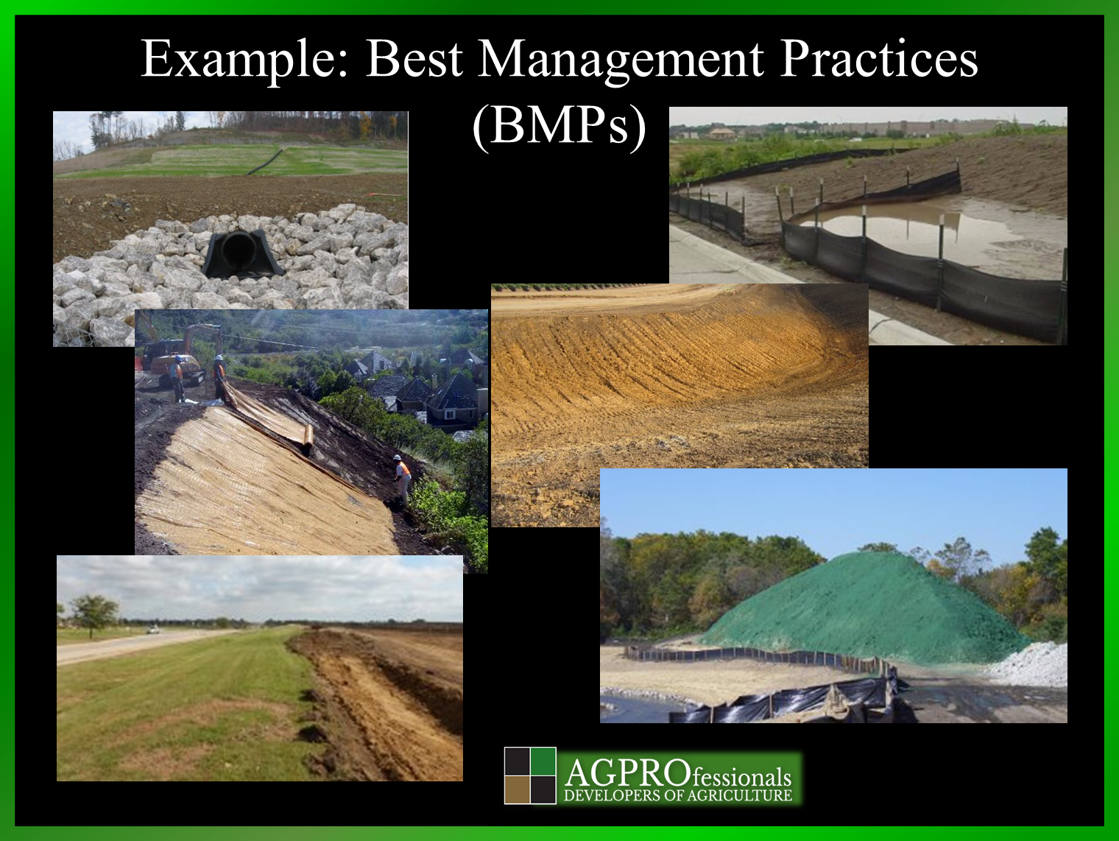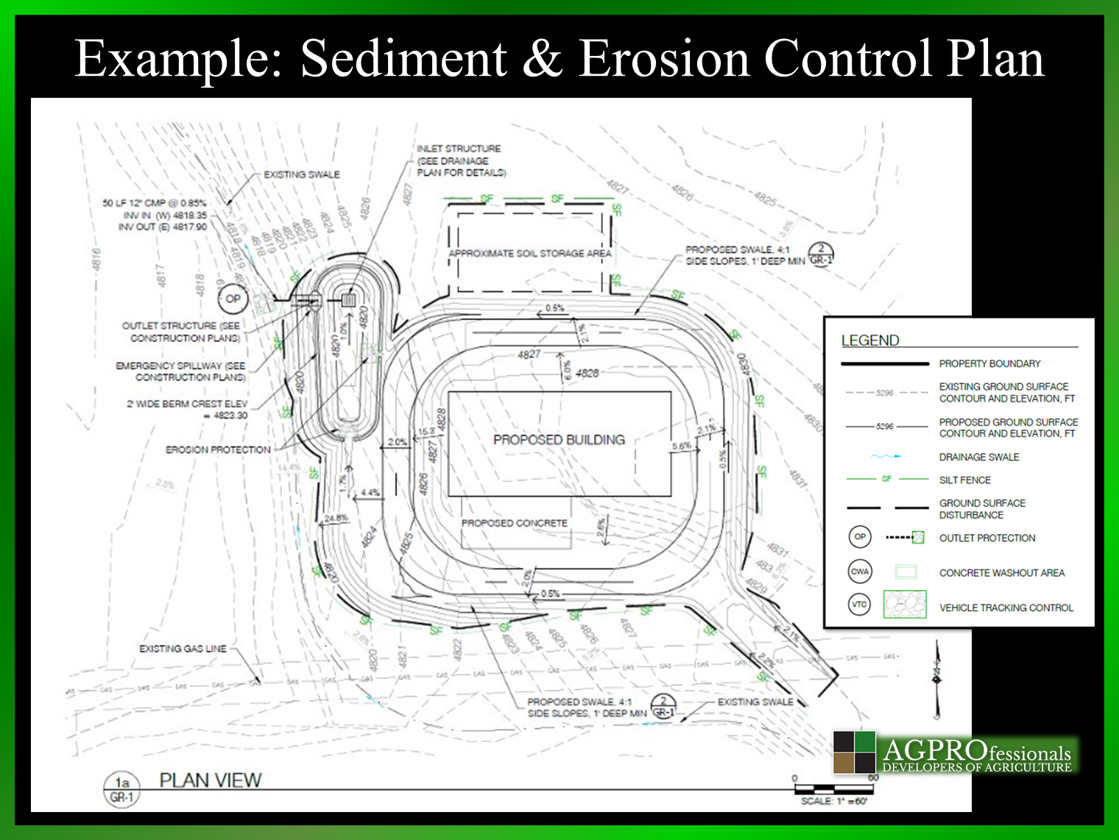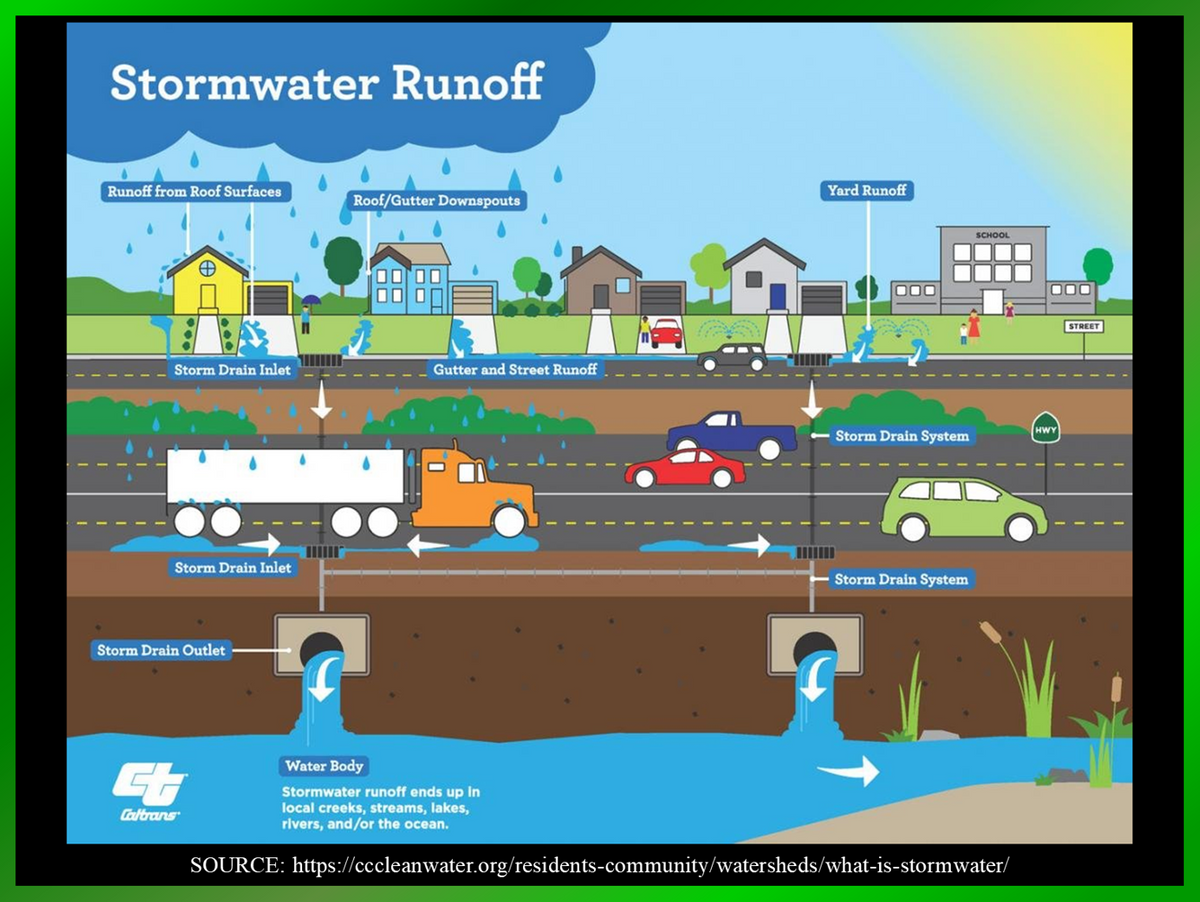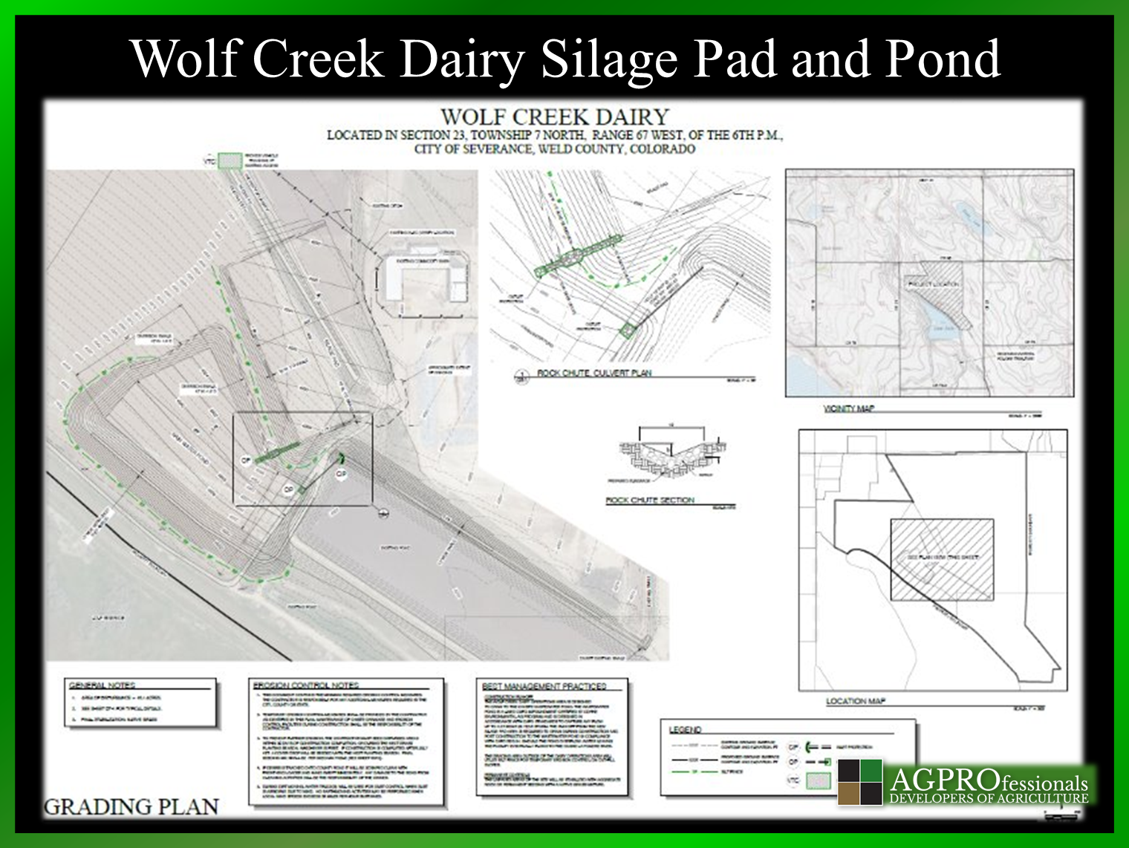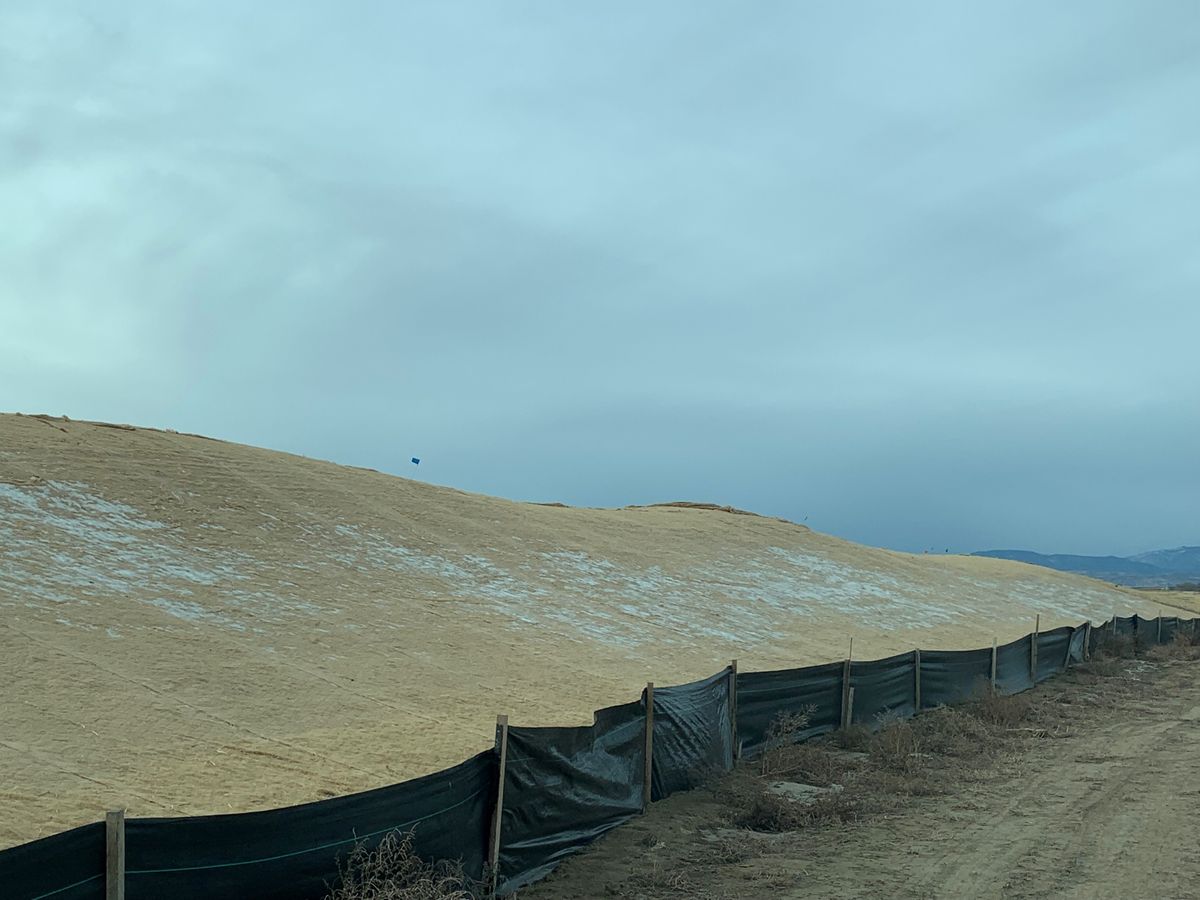
Comprehensive Construction Stormwater Management Services
Having a team that understands the stormwater process is essential when developing your site. AGPROfessionals has successfully prepared SWMPs and SWPPPs across multiple states, including Colorado, Idaho, Kansas, and Washington. Here we give you some insight into this process, and how we can help you get your project completed.
What is Stormwater Runoff?
Stormwater runoff occurs when rain, snow, or hail flows over surfaces such as roads, driveways, sidewalks, and buildings. The imperviousness prevents water from soaking into the ground where it would be absorbed into the native soil and vegetation. As stormwater runoff moves over these surfaces, it can pick up sediment, debris, or pollutants that are then carried into storm drains or waterways.
Clean Water Act
Stormwater runoff is regulated because it can transport sediment, nutrients, and pollutants that can degrade water quality. The Water Pollution Control Act of 1948 was the first regulatory instance for stormwater management and was later amended by the Clean Water Act in 1972. This legislation established the framework for stormwater regulations, and the Environmental Protection Agency (EPA) was tasked with setting minimum standards for compliance.
While the EPA sets a baseline, individual states often adopt their own stormwater rules, permit processes, and design standards for construction activities. These varying requirements can be challenging for developers and contractors to navigate when working in multiple regions. Having an experienced team to help guide you through the permitting and compliance process is essential.
Types of Stormwater Permits
Stormwater permits vary depending on the nature of the project. The most common types include:
- Construction Stormwater
- Required for developments that disturb one acre or more of land.
- Dewatering General Permit
- Needed when water must be removed from a site to prevent it from interfering with construction activities – often applicable where underground utilities will be installed in a high-water table area.
- Municipal Separate Storm Sewer Systems (MS4)
- Managed by municipalities or local jurisdictions that have dedicated storm sewer systems and additional stormwater discharge standards compared to rural sites.
- Industrial Stormwater Permit
- Required for non-extractive facilities based on the business’s Standard Industrial Classification (SIC) Code, which covers non-stormwater discharges that require ongoing monitoring (e.g., solid waste facilities).
Other permit types include:
- Domestic & Other Discharges to Groundwater
- Domestic Discharges to Surface Water
- Biosolids
- Pesticides
- Reclaimed Water
- Pretreatment
Stormwater Management Services
AGPROfessionals offers a full range of stormwater-related services, including:
1. Stormwater Management Plans
Stormwater Water Management Plans (SWMP), sometimes referred to as Stormwater Pollution Prevention Plans (SWPPP), are site-specific documents that outline how stormwater runoff will be controlled and treated. These plans identify potential pollution sources and define Best Management Practices (BMPs) to reduce or eliminate runoff contamination.
AGPROfessionals prepares SWMPs that meet both regional and project-specific requirements.
2. State Permitting
Each state has its own permitting system, and many now use online portals to manage submittals and approvals. AGPROfessionals assists with:
- Preparing and submitting stormwater permit applications
- Coordinating with regulatory agencies
- Responding to permit-related questions
- Supporting clients through final permit sign-off
3. Erosion and Sediment Control (ESC) Plans
ESC Plans detail where sediment and erosion control measures will be set throughout the project area. Plans may be presented as a single document showing initial, interim, and final measures, or split into three distinct phases depending on the regulatory requirements or client preferences.
AGPROfessionals uses GIS and survey data, grading plans, and proposed site layouts to generate effective ESC plans.
4. Third-Party Inspection & Review Services (Colorado Only)
In Colorado, AGPROfessionals may offer third-party inspection services to assist our clients with compliance and plan implementation. Services may include:
- BMP Inspections
- SWMP Report, Inspection Records, and Maintenance Record Review
Please call to discuss your specific project needs.
Conclusion
Our multidisciplinary team includes surveyors, engineers, and planners who provide comprehensive support, from topographic surveys and grading design to planning and regulatory permitting.
We bring extensive experience in preparing:
- Topographic Surveys
- Grading Plans
- Erosion and Sediment Control Plans
- Civil Construction Drawings
- Utility Plans
- Road Improvement Plans
- SWMP/SWPPP Documentation
Whether your project is in the early planning stages or moving into active construction, AGPROfessionals is equipped to help you meet stormwater requirements efficiently and with confidence.

